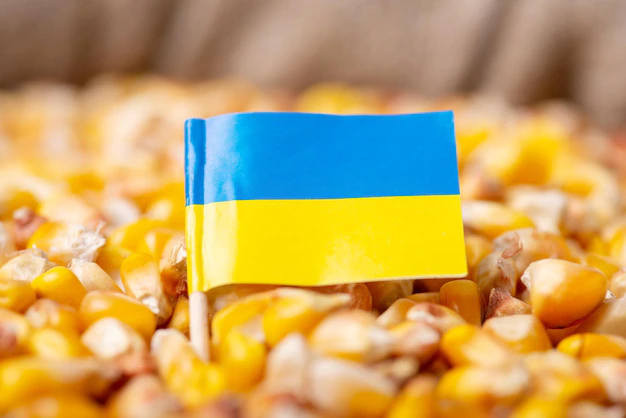Europe Bracing for Food Shortages Brought on by Ukrainian Conflict
Ukraine is part of the breadbasket of Europe, and the recent conflict has caused concerns about the continent’s food supply.
The recent Russian invasion of Ukraine has become the most infamous conflict of 2022 so far. Millions of refugees are fleeing the country as fighting continues to rage on. Most of their homes have been destroyed by Russian bombing, along with much of the farmland in the country. As one of the major breadbaskets of Europe, Ukraine has been keeping its neighbors fed for many years, and, because of recent events, food shortages or rationing may soon become a reality for many across the continent.
Because of the recent conflict, most European countries cannot receive exports from Ukraine and Russia, the reason for the latter being that the vast majority of them have imposed sanctions. However, this also has serious consequences for the continent’s food supply. According to France24, Ukraine made up 15 percent of world wheat production and 30 percent of global exports, with the majority of each feeding the European Union. Because of this, the rest of Europe is not just worried for the people of Ukraine, but also for their own food supply.
“As a result, the prices of everything from wheat to oil have soared, leading to multi-decade high inflation rates in places like Germany and Spain. The supply crunch in Europe is now so bad it’s causing governments to begin laying the groundwork for rationing, with some stores already limiting supplies,” Will Daniel, a reporter for Fortune magazine said.
The issue is still developing, but, overall, European nations are very aware of the possible food shortages in the near future.
European nations are not just twiddling their thumbs, though. Recently, the European Commission released a statement that they will give $550 million dollars to aid farmers in tilling fallow land to grow more crops. This incentivization for farmers may help Europe get out of the looming crisis, but nothing is certain quite yet. Hopefully, however, the whole of Europe is able to work together to solve not just this problem, but the Ukrainian-Russo conflict as a whole.























































